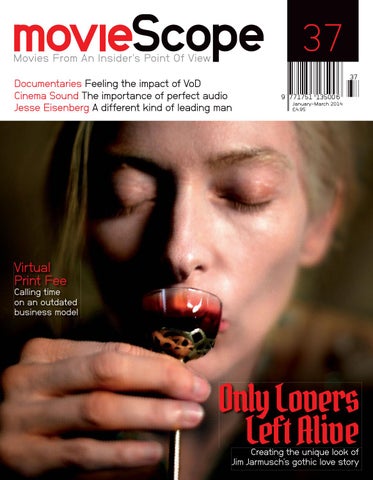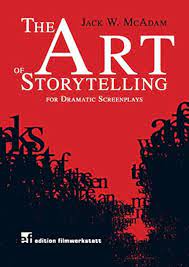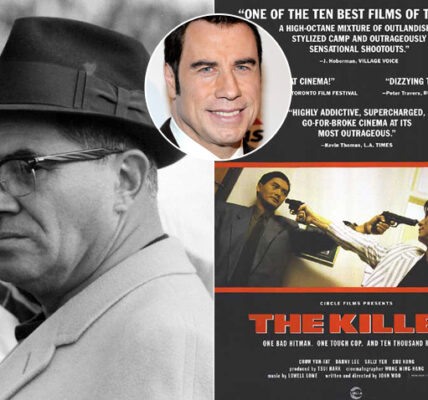Julian Friedmann examines why writers and their agents should consider a different route when optioning work
There is a seismic change taking place for scriptwriters, novelists and their agents; they are beginning to say ‘no’ to option offers from producers.
In television we have, for many years, had the example of writer-producers; all the big US shows are led by show-runners and, increasingly, broadcasters in the UK are demanding show-runners before they will green-light a television series.
In film, development money is so scarce that many producers need properties from writers before they can raise the funds needed to pay decent option fees. Frequently, they fail to raise any more than the option money, or they have a large slate of optioned properties. When they raise the money for one of them they ignore the others, which lie gathering dust until the option expires.
Over the last couple of years at Blake Friedmann, we have begun to do more joint ventures and fewer option deals. These include Peter James’ series of Roy Grace thrillers, now number one best-sellers. We had optioned these twice, to two A-list production companies who didn’t manage to get a green-light from ITV in nearly three years. We decided we wanted more control, chose another A-list production company, offered them a joint venture and now have serious interest from the BBC—and have attached an A-list actor to the lead role.
At the other extreme there is Girl Made of Dust, a beautiful first novel by Nathalie Abi-Ezzi; set in Lebanon in 1982, it highlights the war through the eyes of an innocent nine-year-old living on the edge of the killing fields. We have assembled a team of scriptwriters, as well as a director and producer, while keeping control with me as executive producer. There is great camaraderie and there are no contracts at this stage, while we attach French and Brazilian co-producers.
To me, the notion of writers and agents producing is not that they actually get involved in the minutiae of production, but are able to do two key things: be involved in all the discussions about important creative choices and business deals—for example, who the co-producers are—and be entitled to nudge, nag and even kick ass if the others in the team are not pulling their weight. It is not possible to do this in the same way when you sell an option to a producer; they, in effect, own it.
So a joint venture ensures that the producer does bring something to the table (or they get pushed out), and I, as an agent, am better able to protect and develop my clients’ careers.
Over the last couple of years there has been another interesting and important development; the mainstay scriptwriter/producer contract—between PACT and the Writers’ Guild—has sort of fallen into a ditch. It is still used but it ceased to reflect the realities of the industry, so the Guild’s Film Committee, led by distinguished scriptwriter Olivia Hetreed (Girl with a Pearl Earring and the newWuthering Heights), devised new guidelines for a partnership between writers and producers, rather than the old-fashioned option, which gave the producer total control subject only to them paying some money.
I am not advocating that a writer or agent with no experience of the film or television industry should announce themselves as a producer or co-producer, although that is how many producers start. But the relationship between writers and producers is changing, and I think that smart producers should embrace the change.











